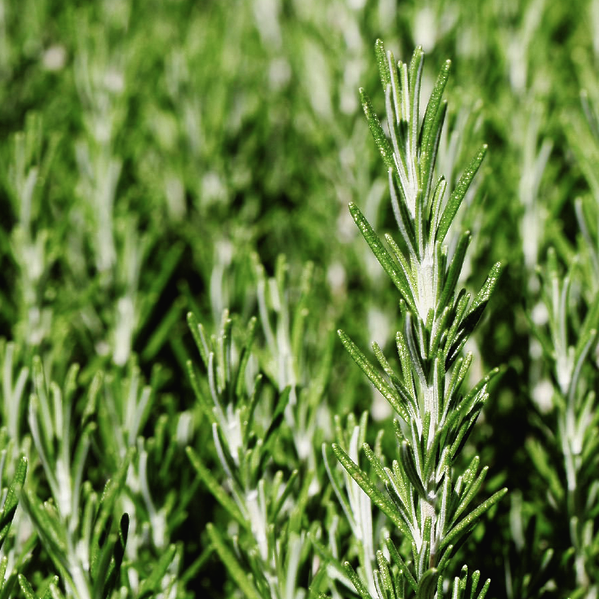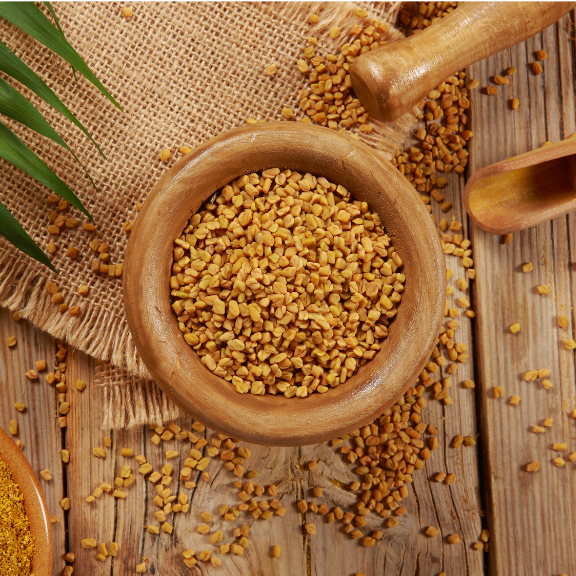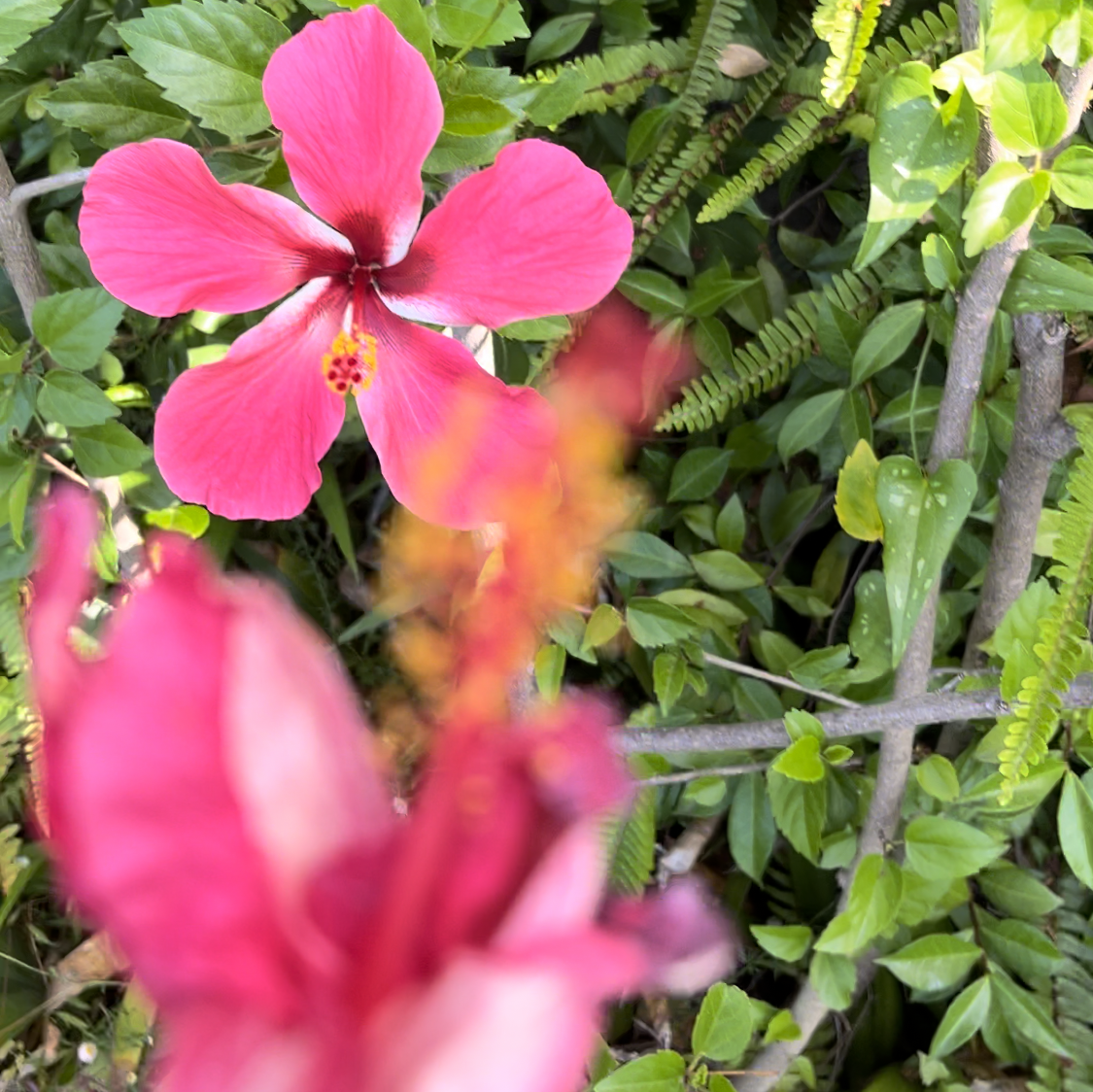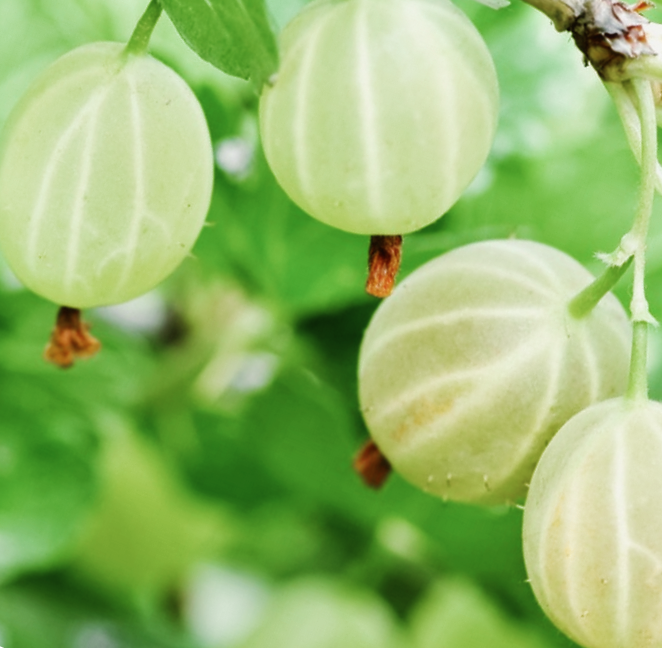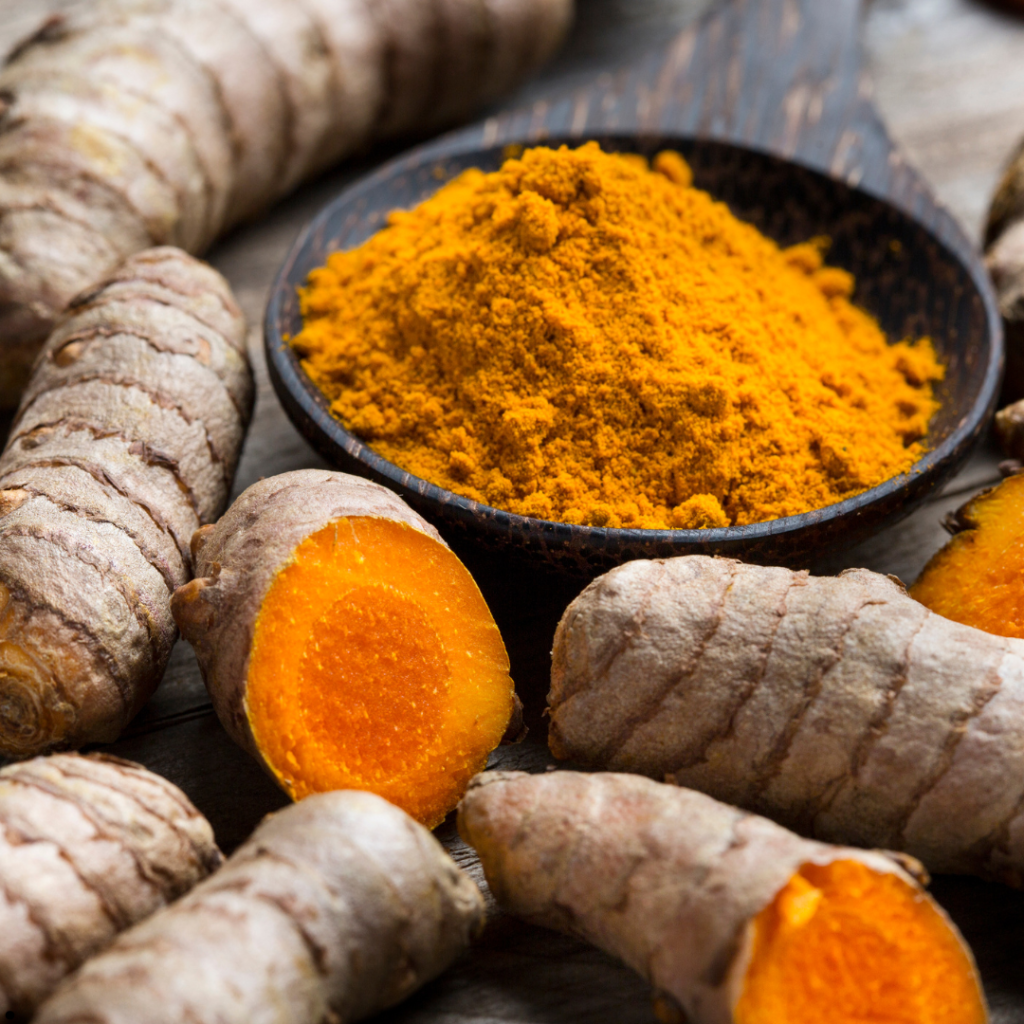(Curcuma longa)
Turmeric derives from the Curcuma Longa plant stem cells, is a natural ingredient used in kitchen, hair care products, primarily for its potential hair growth and scalp health benefits, skincare and Ayurveda. Here’s a list of its key benefits:
Health Benefits of Curcuma longa (Turmeric)
- Anti-inflammatory Properties
- Helps reduce chronic inflammation, useful for arthritis and inflammatory diseases.
- Can relieve muscle soreness post-exercise.
- Powerful Antioxidant
- Fights oxidative stress and protects cells from damage.
- May support healthy aging and reduce the risk of chronic diseases.
- Supports Joint Health
- Often used in natural remedies for joint pain and stiffness.
- May improve mobility in osteoarthritis sufferers.
- Boosts Immunity
- Has antimicrobial, antiviral, and antibacterial effects.
- Helps strengthen immune defenses.
- Aids Digestion
- Stimulates bile production, which helps with fat digestion.
- May reduce bloating and gas.
- Brain Health
- May enhance cognitive function and protect against neurodegenerative diseases like Alzheimer’s.
- Curcumin can increase BDNF (brain-derived neurotrophic factor).
- Heart Health
- Helps improve endothelial function, regulating blood pressure.
- Lowers cholesterol and reduces risk of heart disease.
- Potential Anti-Cancer Effects
- In studies, curcumin has shown potential to slow the growth of certain cancer cells.
Skincare Benefits
- Brightens Skin Tone
- Helps reduce dark spots and hyperpigmentation.
- Gives a natural glow to the skin.
- Fights Acne
- Antibacterial and anti-inflammatory properties help reduce acne and prevent breakouts.
- Reduces Scars and Marks
- Curcumin can promote healing and fade acne scars.
- Anti-Aging
- Antioxidants in turmeric reduce the appearance of fine lines and wrinkles.
- Helps maintain skin elasticity.
- Soothes Skin Conditions
- Useful in managing eczema, psoriasis, and rosacea due to its calming effects.
Hair Benefits
- Reduces Dandruff
- Antimicrobial properties combat scalp infections and flakiness.
- Stimulates Hair Growth
- Promotes anagen phase (growth phase): Turmeric (Capilia Longa) is known to extend the active growth phase of hair follicles, leading to longer and healthier hair.
- Enhances hair density: It increases the density of hair by stimulating dormant follicles to produce new hair.
- Reduces hair thinning: By boosting hair follicle activity, it helps combat hair thinning, making hair appear fuller.
- Prevents Hair Loss
- Anti-inflammatory properties: Capilia Longa reduces inflammation on the scalp, which is a common cause of hair loss.
- Blocks DHT (Dihydrotestosterone): DHT is a major cause of androgenetic alopecia (male and female pattern baldness). Capilia Longa helps inhibit this hormone, reducing hair loss.
- Improves Scalp Health
- Reduces itchiness, inflammation, and dryness of the scalp.
- Strengthens Hair Structure
- Nourishes hair follicles: It nourishes the follicles with essential nutrients, leading to stronger, more resilient hair strands.
- Prevents hair breakage: By reinforcing hair structure, Capilia Longa minimizes breakage, keeping hair stronger and healthier.
- 6. Natural and Safe
- Plant-derived ingredient: It is sourced from turmeric, making it a natural, vegan, and non-toxic alternative to chemical-based hair loss treatments.
- Safe for sensitive scalp: Because it is a gentle, plant-based extract, it is generally safe for those with sensitive or irritated scalp conditions.
- 7. Improves Hair Quality
- Boosts shine and smoothness: Regular use can lead to shinier, smoother hair by improving its texture and overall health.
- Restores vitality: It revitalizes dull and lifeless hair, restoring it to a healthier appearance.
- 8. Clinically Proven Results
- Backed by research: Clinical studies have shown significant improvements in hair density, thickness, and overall scalp health after regular use of Capilia Longa over several months.
These benefits make Capilia Longa a promising ingredient in treating hair loss, promoting hair growth, and maintaining healthy hair.
